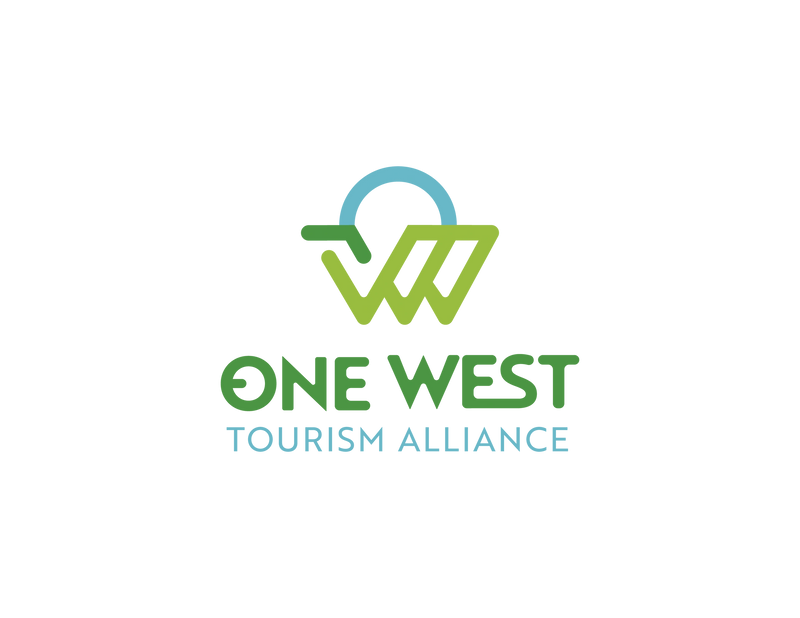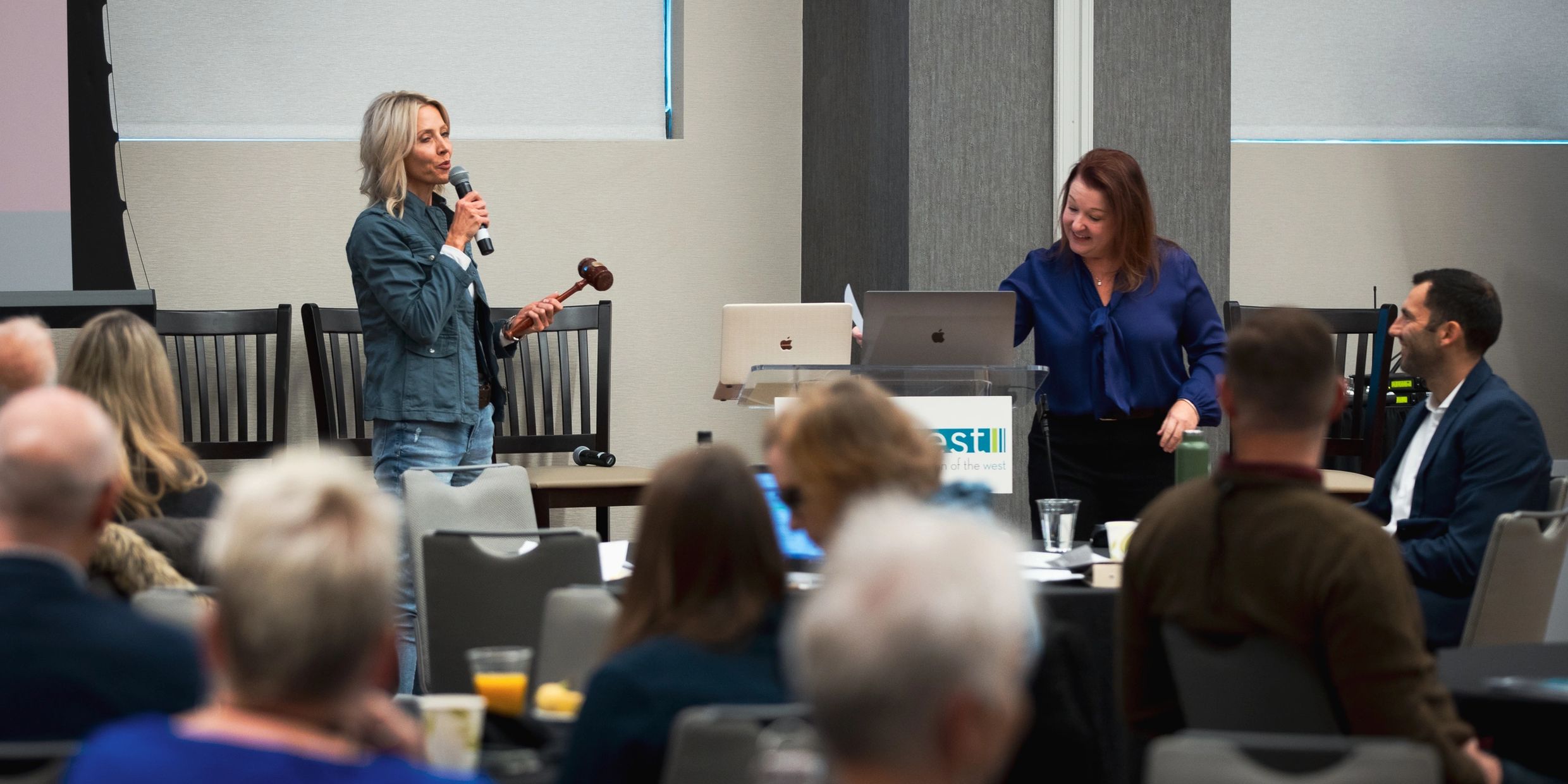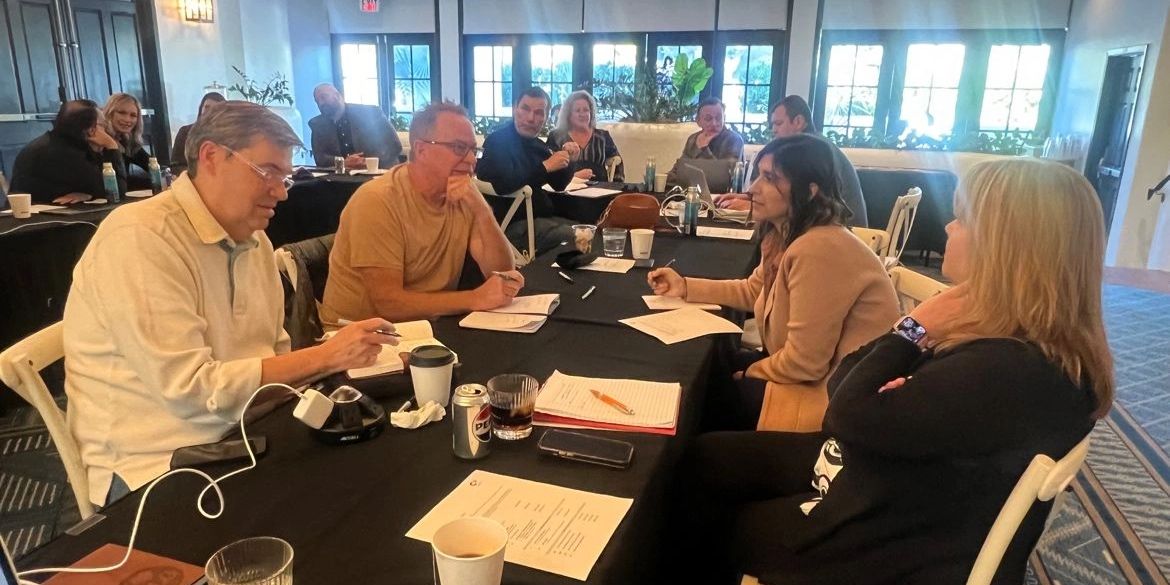Responsible Tourism

Build your future in tourism as
Professional in Responsible
Tourism (PRT)
The Professional in Responsible Tourism program equips tourism professionals with skills to promote tourism through the tenets of Responsible Tourism and provides each participant to gain a professional development certification.
TENETS OF RESPONSIBLE TOURISM

Generates greater economic benefits for local people and enhances the well-being of host communities
This involves improving working conditions and access to the tourism industry, ensuring that local communities gain from tourism activities.
Minimizes negative economic, environmental, and social impacts
This principle ensures that tourism activities do not harm local economies, ecosystems, or social structures.
Involves local people in decisions that affect their lives and life chances
Local communities should have a say in tourism development and management, empowering them to influence their futures.
Makes positive contributions to the conservation of natural and cultural heritage
This includes maintaining the world’s diversity and protecting significant natural and cultural sites.
Provides more enjoyable experiences for tourists
By fostering meaningful connections with local people and enhancing understanding of local cultural, social, and environmental issues, tourists can have more enriching experiences.
Ensures inclusivity and accessibility
Tourism activities and facilities are designed to be inclusive and accessible to all individuals, regardless of physical ability, while promoting cultural sensitivity and respect between tourists and hosts, building local pride and confidence.
WHAT IS THE PROFESSIONAL IN RESPONSIBLE TOURISM PROGRAM?

Program Objective
The Professional in Responsible Tourism program equips individuals in tourism, marketing, and management with the skills to promote sustainable travel, responsible tourism growth, and inclusion. The program consists of two components that include classroom instruction at the One West Education Summit over two years and a capstone project that culminates in a presentation at the One West Tech Summit to attendees.
The program covers leadership, sales, financial management, technology integration, and responsible tourism principles. Participants learn to minimize negative impacts, benefit local communities, conserve heritage, provide inclusive access, and foster cultural sensitivity.

In-Class Instruction
The in-class instruction serves as the foundation of the program, taught by leaders in the destination marketing industry to ensure all participants have a core foundation of knowledge.

Capstone Project
Through a mentor-based approach, work alongside senior leaders and your colleagues to research, discover, and share with the One West community actionable ideas that can improve responsible tourism across the membership.
Frequently Asked Questions
Please reach us at melyssa@onewesttourism.org if you are interested in joining the Professional in Responsible Tourism program or cannot find an answer to your question.
Becoming a Professional in Responsible Tourism (PRT) takes one full year. The program includes:
- Participation in two education summit programs (foundation and intermediate)
- Completion of one capstone project
- Engagement in an independent professional development education program, which can be a One West hosted webinar or attendance at webinars or conferences from tourism partners such as Destinations International, US Travel, or other specialized private partners.
Responsible tourism and sustainable tourism share many principles but are not exactly the same.
Sustainable Tourism focuses on meeting the needs of tourists and host regions while protecting and enhancing opportunities for the future. It aims for long-term environmental, economic, and socio-cultural sustainability.
Responsible tourism is about fostering economic growth for local communities while improving resident sentiment and well-being. It ensures that tourism activities generate greater economic benefits for locals, enhance working conditions, and provide access to the tourism industry. Local communities are involved in decisions affecting their lives, empowering them to shape their futures. By conserving natural and cultural heritage, responsible tourism maintains world diversity and protects significant sites. It also enhances the tourist experience by fostering meaningful connections with locals and deepening understanding of cultural, social, and environmental issues. Inclusivity is a key tenet, ensuring accessibility for all, including physically challenged individuals, while promoting cultural sensitivity, respect, and local pride.
